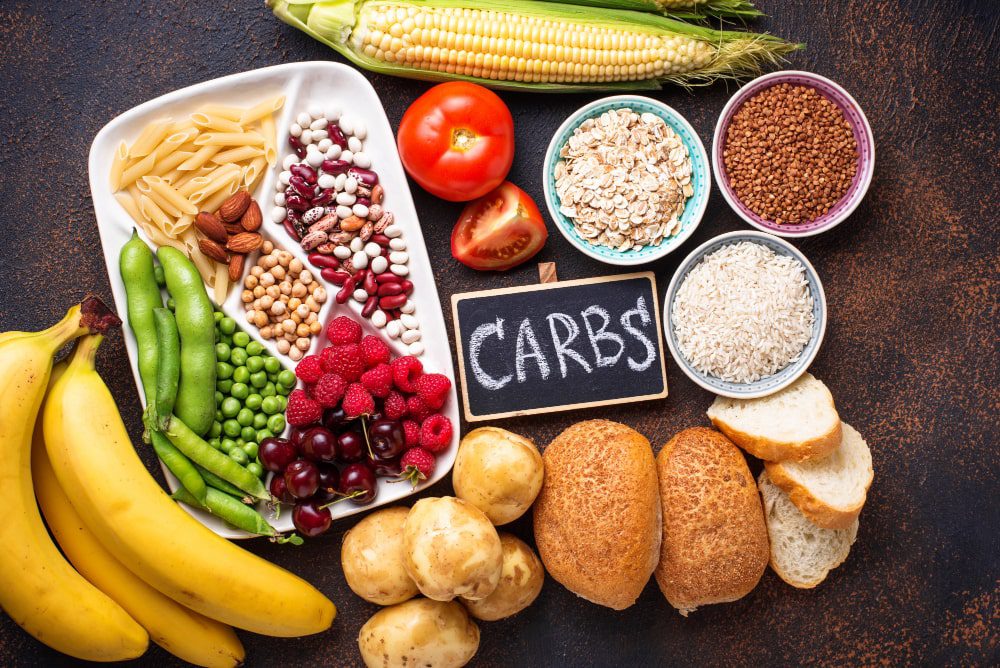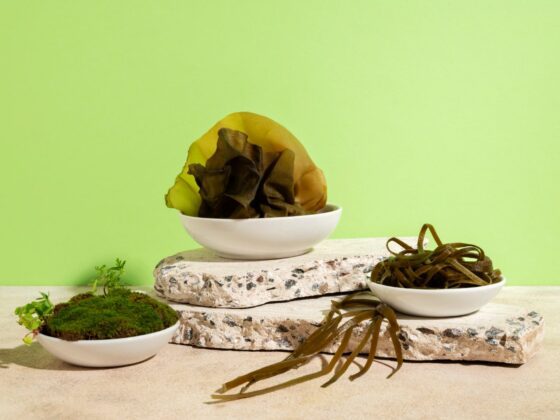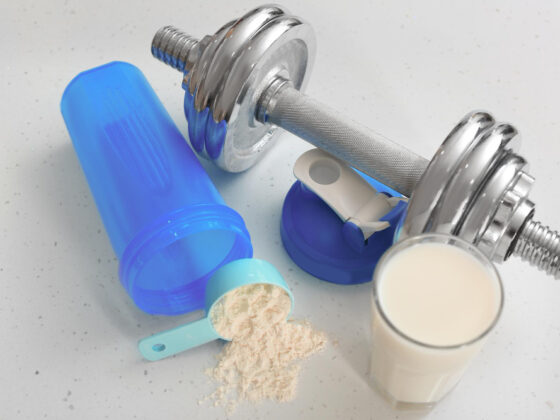Table of Contents Show
✍️ AI is summarizing:
Carbohydrates have long been the subject of dietary debate, often painted as the villains of healthy eating. The narrative suggests that to achieve better health or weight loss, one must avoid staples like bread, pasta, and rice. Yet, recent insights highlight the health benefits of carbohydrates, challenging this outdated perspective and showing that carbs can be an essential part of a balanced diet.
Related post:
- Are You Hitting Your Macros and Micros Nutrition Needs?
- To Eat or Not to Eat: The Best Workout Nutrition Timing for Exercise
- Climate Change: A Growing Threat to Tropical Forest Biodiversity Loss
Rethinking the health benefits of carbohydrates through history
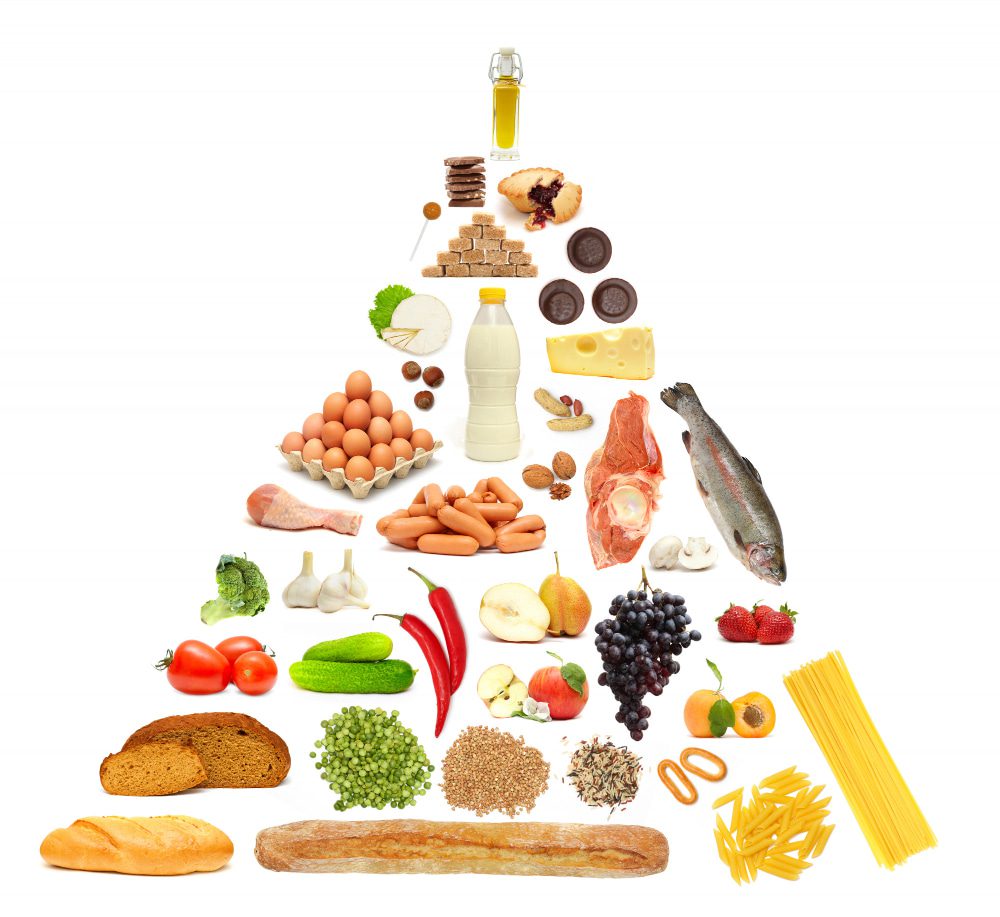
The fear of carbs isn’t new. It dates back to the 1860s when low-carb diets first became trendy. Since then, these diets have surged and declined in popularity, creating a common misconception that carbohydrates are harmful. However, a deeper look across global cultures reveals the health benefits of carbohydrates, especially in carb-centric societies like Vietnam.
In Vietnam, rice is a dietary staple, forming the foundation of most meals. The Vietnamese diet is rich in carbohydrates, not only from rice but also from noodles and other grains. Despite this high carbohydrate consumption, Vietnam has seen relatively low obesity rates compared to many Western countries, demonstrating that carbs can coexist with a healthy lifestyle.
Why carbohydrates are essential for physical and mental health
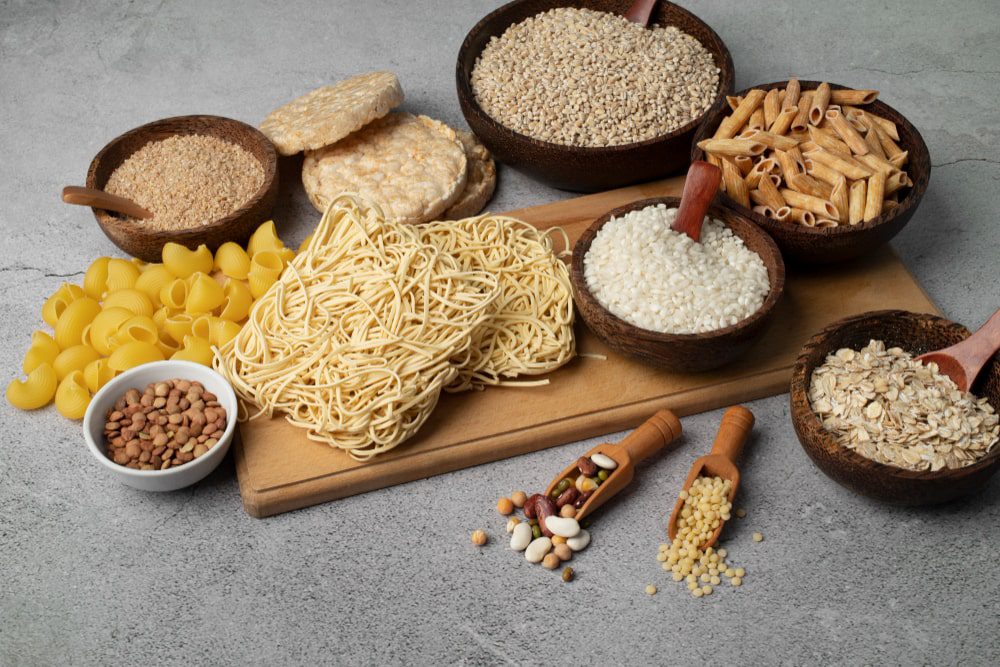
Experts agree: carbohydrates are crucial for our health. They are the body’s primary energy source, powering muscles and fueling brain function. Without enough carbs, people can experience mental fog, mood swings, and low energy.
These are all signs that highlight the health benefits of carbohydrates in daily meals. Vietnamese meals often balance carbs with proteins and vegetables, showing how tradition aligns with nutritional science.
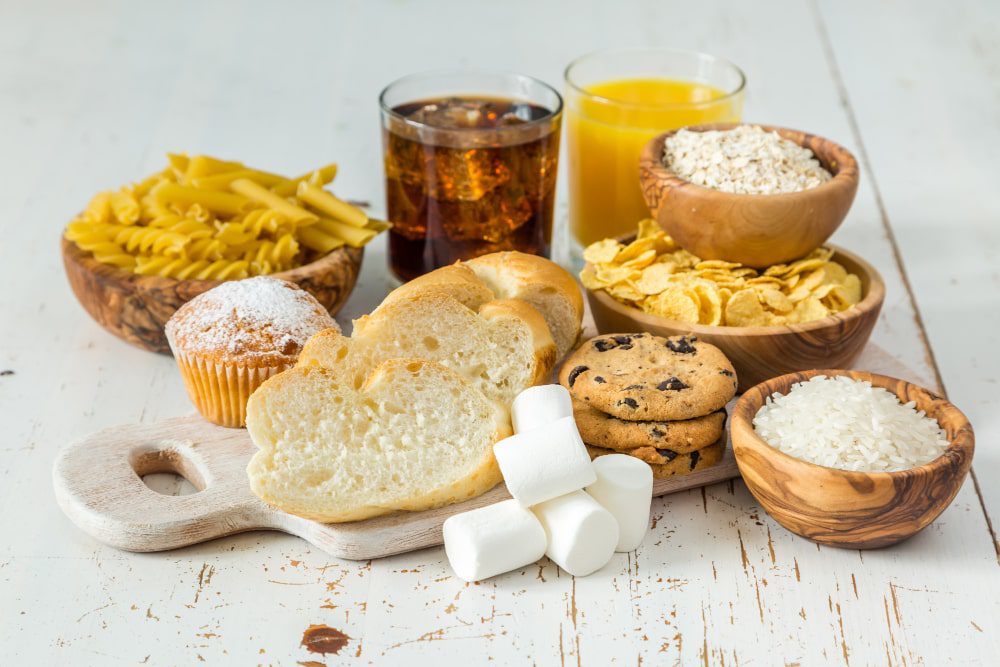
In Vietnam, the traditional diet emphasizes balance, incorporating a variety of foods that provide essential nutrients. The inclusion of carbohydrates, alongside vegetables, proteins, and healthy fats, supports overall well-being.
Moderation is key. Nutritionists point out that while carbs are not fattening by nature, consuming them in excess can lead to weight gain, as with any macronutrient. Thus, understanding how to incorporate them healthily is crucial.
The health benefits of carbohydrates in noodles, bread, and rice
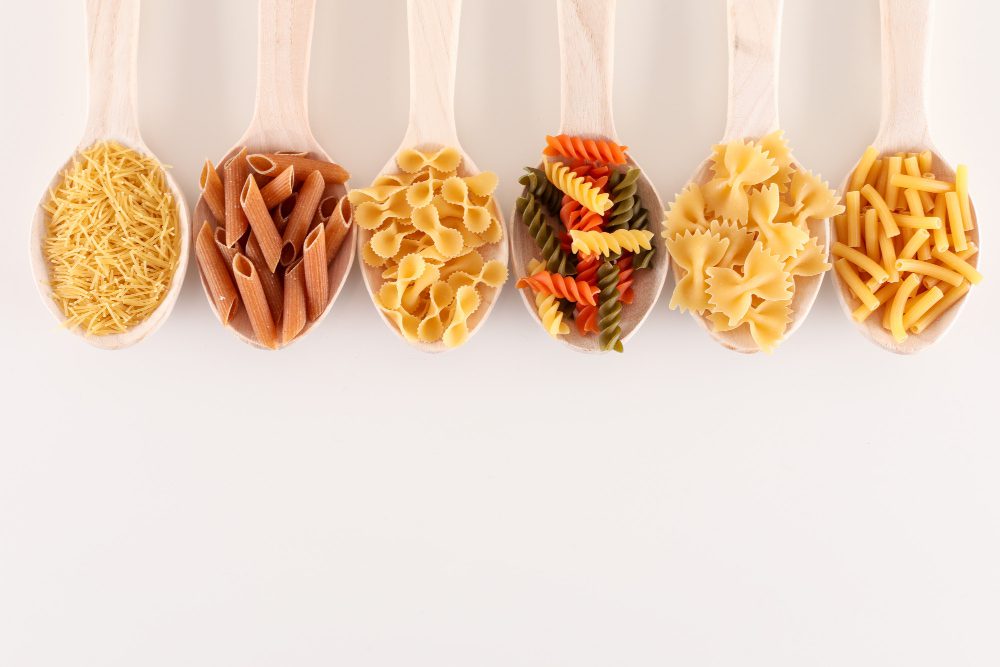
Contrary to popular belief, noodles, bread, and rice offer more than just carbohydrates—they provide a range of nutrients that contribute to the overall health benefits of carbohydrates. For instance, rice, particularly in its whole grain form, is a dense source of essential nutrients, including B vitamins and minerals that support metabolism and immune function.
In Vietnam, dishes like pho and cơm tấm highlight these health benefits, as rice is often paired with vegetables and proteins to create a balanced, nourishing meal.
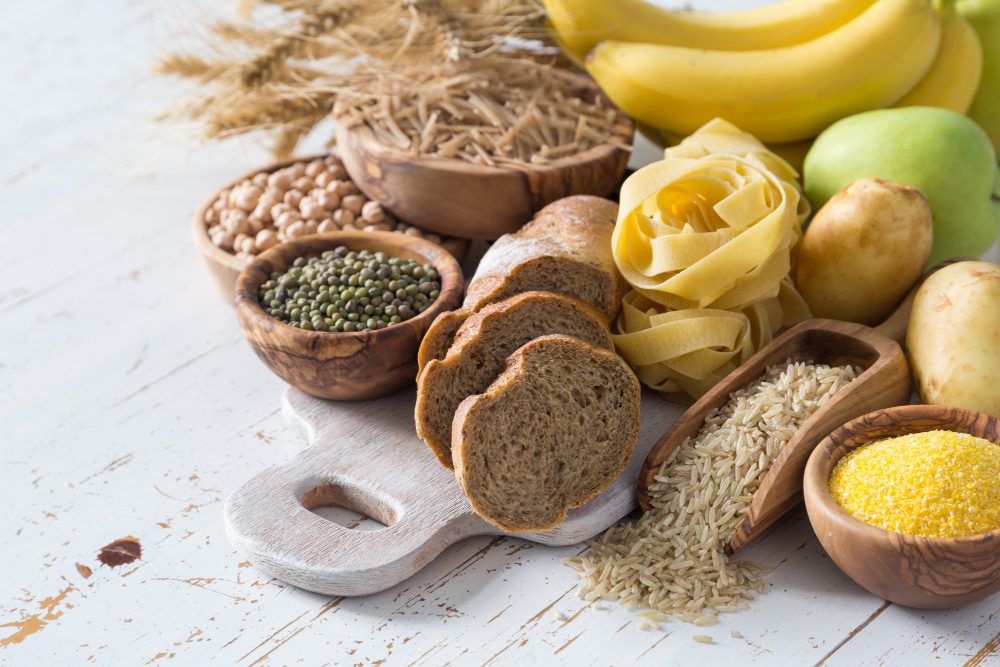
Recent studies suggest that noodle consumption does not correlate with weight gain; in fact, it may even be associated with lower body mass index (BMI) when included as part of a balanced diet.
The unique composition of pasta, made from durum wheat, contributes to the health benefits of carbohydrates by promoting slower digestion and a more gradual increase in blood sugar levels compared to other carb sources. This slower digestion helps maintain satiety and provides sustained energy throughout the day.
Whole grains and sourdough: Better bread, better carbs
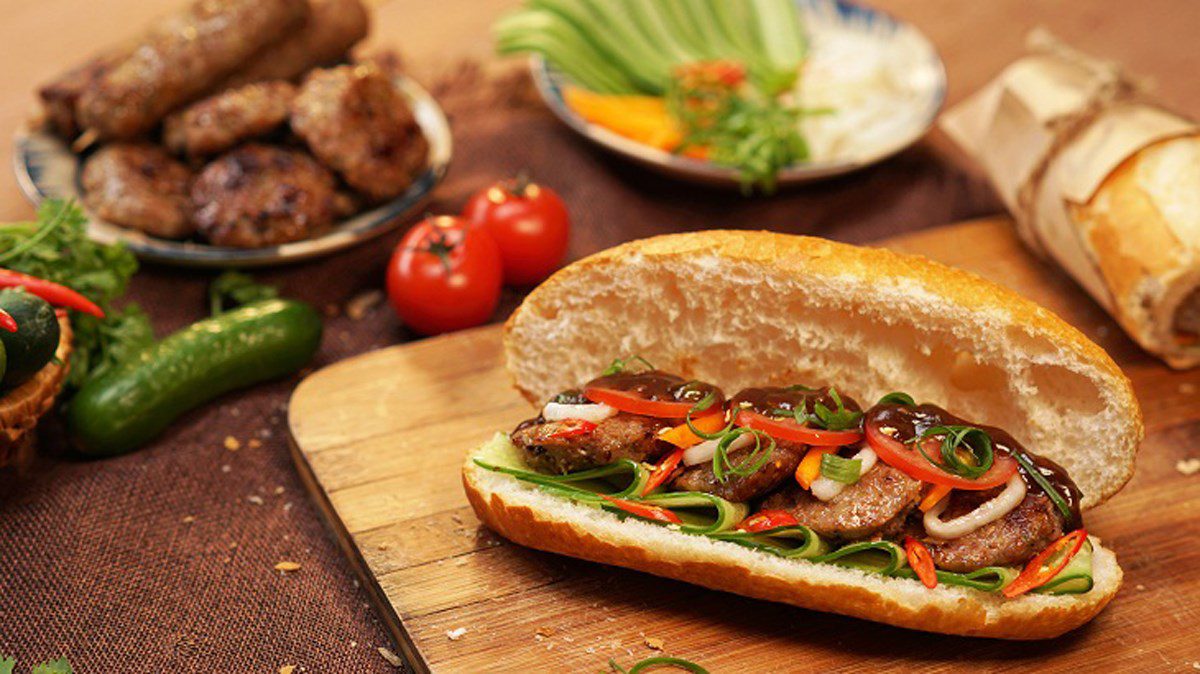
When it comes to bread, not all options are created equal. While traditional Vietnamese bread (bánh mì) is often made with white flour, there is a growing trend toward whole grain and additive-free options. These varieties are not only more nutritious but also easier to digest, contributing positively to the overall health benefits of carbohydrates. Whole grain bread can be a great complement to meals, providing fiber and essential nutrients.
Rice, too, deserves a place at the table. While brown rice is often touted as the healthier option due to its higher fiber content, white rice can still be part of a nutritious meal, especially when paired with vegetables and proteins, as seen in many Vietnamese dishes. Black rice, known for its high polyphenol content, offers additional health benefits of carbohydrates, particularly for gut health.
The bottom line
In the end, carbs aren’t the enemy—they’re essential allies. The key is moderation and choosing the right sources. Instead of cutting out carbs, embrace the health benefits of carbohydrates by opting for whole, minimally processed options. Take a cue from Vietnamese cuisine—where carbs are celebrated, not feared—and fuel your body the way nature intended. Follow our official Facebook page now to receive more interesting information.

